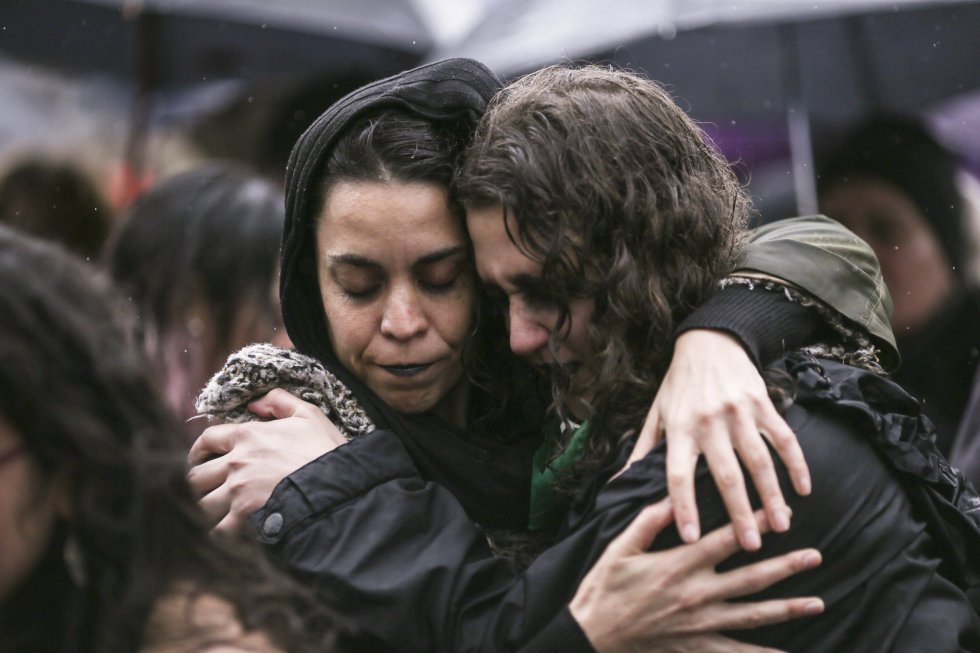Inhabiting porosities: methodological crossroads around the social grief resulting from patriarchal violence
Abstract
In this article, we propose to contribute to a methodology that brings us closer to the grief processes of women and transfeminized people close to the victims of femicidal suicides and the implications and effects on their lives when
they must face daily contexts of precariousness and political, legal and social. helplessness. Grief is a process that links us to the other, allows us to transform pain into a political resource and become aware. When pain is communicated, it awaits a response from others, the testimony about the process of desubjectification that is subjectivized in a saying (avoiding the registers of heteropatriarchal operation). It is the close speech of the person testifying and not professional discourses about violence, which admits that pain can reside in another body. It is in this sentient quality of the bodily experience where there resides a knowledge of suffering bodies (the victims of femicidal suicides), an ethical commitment to reparation for the survivors and an insurgent political act of transformative feelings and affects. Grief due to femicidal/feminicide suicide as an event occurs suddenly, untimely and unexpectedly. However, this is not the case, the evidence indicates that sometimes it is a “death foretold” that requires unraveling the complex covert
plot. We will focus on the qualitative methodological approach that consists of a feminist-action-creation-research (Rodríguez, Rosana and da Costa Marques, Sofía, 2019), we resort, on the one hand, to “social autopsies or verbal autopsies” to reconstruct the biographies liminal aspects of women and transfeminized people who died in conditions of extreme patriarchal violence such as femicidal suicides to understand the framework prior to the fatal outcome and on the other hand, workshops on creative experiences and feminist activism are carried out (Ruiz Trejo, Marisa and García Deuder (S.) 2018; Gutiérrez Cabrera, Ángela, 2012; Riaño Alcalá, Pilar, 2003) to recover and reconstruct the experiences of those who hurt and seek justice; and thus address the processes of loss and generate instances of accompaniment (networks, alliances), learning, interpretation and resignification, in an effort to co-construct communities of affection to restore social ties, ritualize, make visible and resist through creative interventions such as altars and offerings to dignify and honor the memory of those who are no longer here.
Downloads


